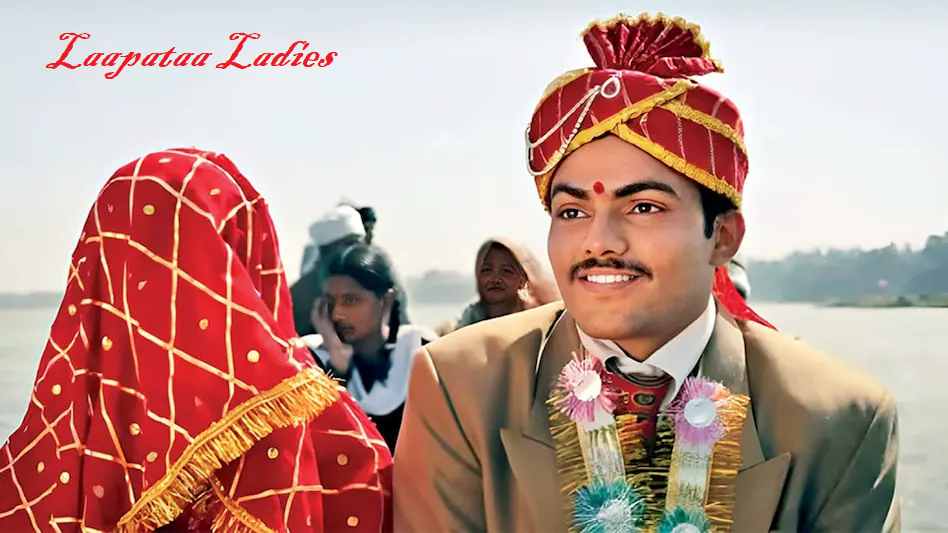Ratan Tata, a towering figure in Indian industry and philanthropy, recently passed away, leaving behind an indelible legacy that will continue to inspire generations. As the former chairman of Tata Sons and the Tata Group, Ratan Tata was not only instrumental in transforming the conglomerate into a global powerhouse but also a beacon of ethical leadership and social responsibility in the business world. This blog post reflects on his life, achievements, and the profound impact he made on India and beyond.
Early Life and Education
Ratan Naval Tata was born on December 28, 1937, in Surat, Gujarat, into the illustrious Tata family. He was the son of Naval Tata and Sonoo Tata, and his upbringing was marked by a strong emphasis on education and values. Ratan Tata completed his schooling at the Cathedral and John Connon School in Mumbai and later went on to pursue a degree in architecture at the Cornell University in the United States. He also attended the Harvard Business School for an Advanced Management Program, which further honed his business acumen.
Despite his privileged background, Tata’s early years were characterized by a strong work ethic and a desire to learn. He started his career in the Tata Group in 1962, working on the shop floor of the Tata Steel plant in Jamshedpur. This hands-on experience was pivotal in shaping his understanding of the business and the importance of grassroots involvement in industry.
Ascending to Leadership
Ratan Tata became the chairman of Tata Sons in 1991, succeeding his uncle, J.R.D. Tata. At a time when the Indian economy was liberalizing, Tata faced immense challenges, including navigating through a highly competitive landscape and managing the conglomerate’s diverse portfolio. Under his leadership, the Tata Group embarked on a transformative journey, marked by significant acquisitions, diversification, and innovation.
One of Tata’s most significant achievements was the successful acquisition of Jaguar Land Rover in 2008 through Tata Motors. This strategic move not only revived the iconic British brands but also showcased Tata’s vision for globalization and brand development. The acquisition allowed Tata to expand its footprint in the luxury automobile sector and leverage the expertise of British engineering.
Tata was also instrumental in launching the Tata Nano in 2008, aiming to provide an affordable car for the masses. Although the Nano faced challenges in the market, it symbolized Tata’s commitment to innovation and understanding the needs of the common man.
Ethical Leadership and Corporate Social Responsibility
Ratan Tata’s leadership style was characterized by a strong ethical foundation and a commitment to corporate social responsibility (CSR). He believed that businesses should not only focus on profits but also consider their impact on society. Under his stewardship, the Tata Group invested heavily in various social initiatives, including education, healthcare, and rural development.
Tata Trusts, which control a significant portion of Tata Sons, has played a crucial role in promoting philanthropy and social welfare in India. Ratan Tata emphasized the importance of giving back to society, advocating for initiatives that uplift marginalized communities and promote sustainable development. His vision extended beyond corporate success; he sought to create a positive impact on the lives of millions.
Legacy of Innovation and Vision
Ratan Tata’s legacy is one of innovation and foresight. He was a pioneer in recognizing the potential of emerging technologies and adapting to changing market dynamics. His belief in the power of collaboration led to numerous joint ventures and partnerships, including collaborations with international companies to foster technological advancement in India.
One notable partnership was with Boeing to develop the Tata Boeing Aerospace Limited facility in Hyderabad, which focuses on manufacturing aerospace components. This initiative not only bolstered India’s aerospace industry but also created employment opportunities and skill development in the region.
Tata’s commitment to innovation was also evident in his support for startups and entrepreneurship. He actively mentored young entrepreneurs and encouraged them to pursue their dreams, fostering a culture of innovation within the Indian business landscape.
Personal Life and Values
Despite his immense wealth and status, Ratan Tata remained grounded and approachable. He was known for his humility and compassion, often engaging with employees and community members with genuine interest. His personal values were deeply rooted in the principles of honesty, integrity, and respect for others.
Tata was also a passionate advocate for education and skill development. He believed that empowering individuals with knowledge and skills was essential for building a better future for India. His philanthropic efforts extended to supporting educational institutions and initiatives that promote holistic development among youth.
Final Years and Impact
In his later years, Ratan Tata continued to play a pivotal role in the Tata Group and remained involved in various philanthropic endeavors. He was a mentor to many and actively participated in discussions around business ethics, corporate governance, and sustainable development.
Tata’s passing marks the end of an era, but his legacy will undoubtedly endure. His contributions to Indian industry, commitment to social responsibility, and emphasis on ethical leadership have left a profound impact on the business landscape. Ratan Tata inspired countless individuals, reminding them that success is not just measured by wealth but by the positive change one can bring to society.
Conclusion
Ratan Tata was more than just a business leader; he was a visionary who embodied the values of the Tata Group. His life’s work was dedicated to innovation, ethical leadership, and social responsibility, making him a revered figure in India and around the world. As we remember Ratan Tata, we celebrate not only his accomplishments but also the values he instilled in those who followed in his footsteps. His legacy will continue to inspire future generations to strive for excellence while making a meaningful impact on society.
